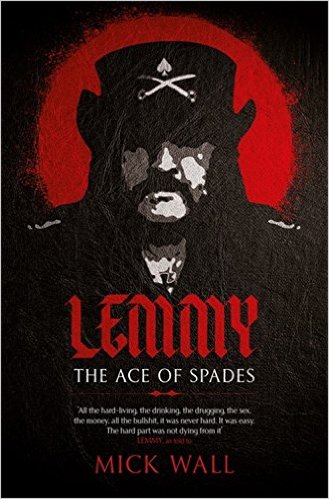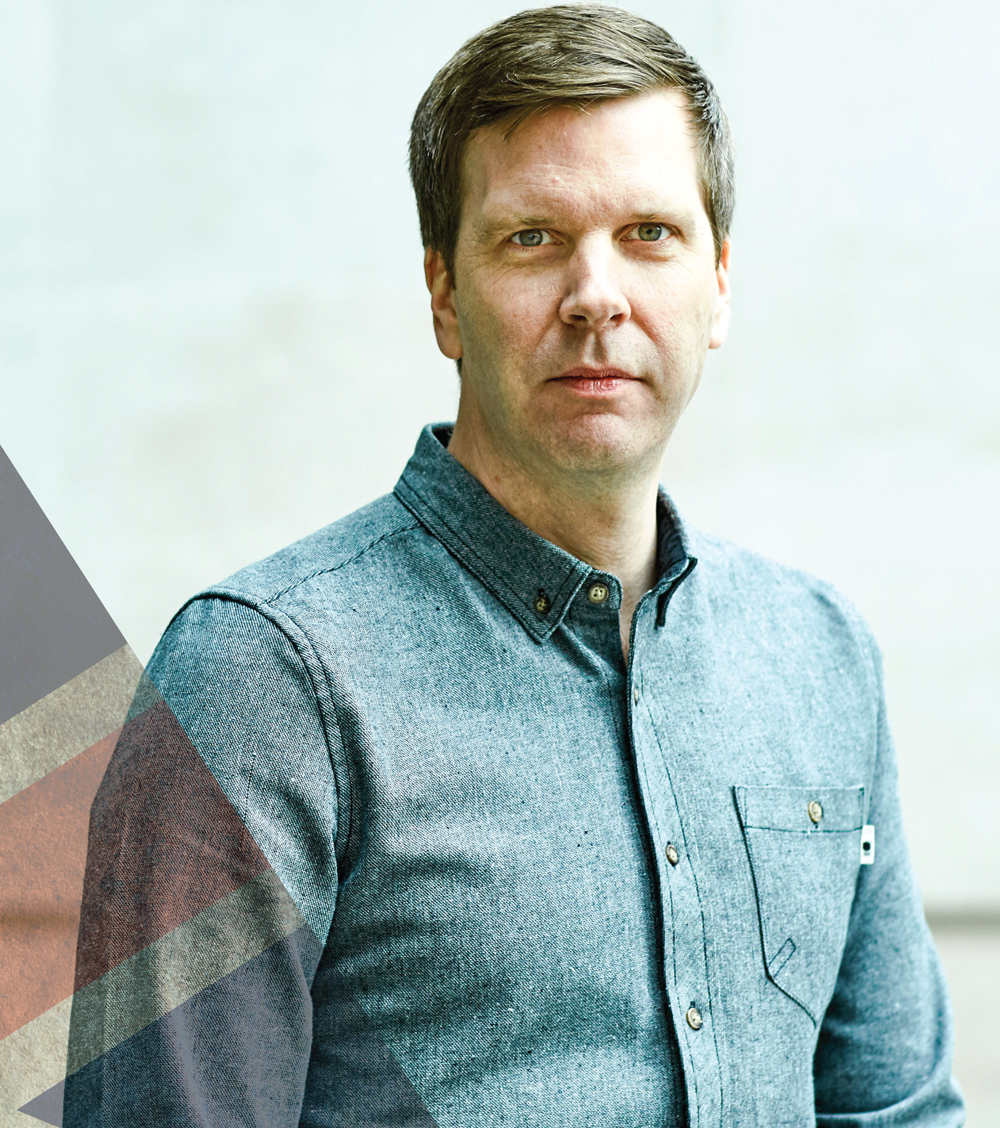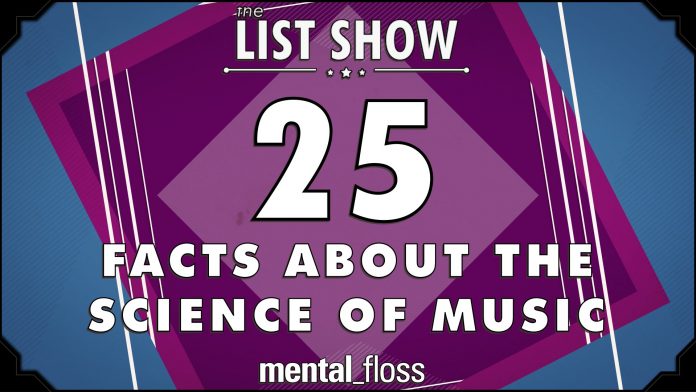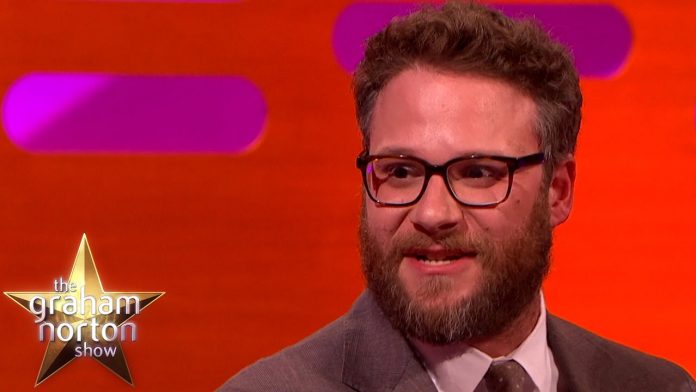Teen decides to make noticed from the rest of the crowd by becoming a Punk Rocker. Stars Doc from The Love Boat, Bug from Uncle Buck, the Governor from Benson, and Mrs. Willis from The Jeffersons.
Motorhead’s Lemmy was always going to be a legend. The new book by Mick Wall explains how it all happened
In ‘The Ace of Spades’, Motorhead’s most famous song, Lemmy, the born-to-lose, live-to-win frontman of the band sang, ‘I don’t want to live forever’. Yet as he told his friend of 35 years, former PR and biographer Mick Wall, ‘Actually, I want to go the day before forever. To avoid the rush…’. This is his strange but true story.
Brutally frank, painfully funny, wincingly sad, and always beautifully told, LEMMY: THE DEFINITIVE BIOGRAPHY is the story of the only rock’n’roller never to sell his soul for silver and gold, while keeping the devil, as he put it, ‘very close to my side’. From school days growing up in North Wales, to first finding fame in the mid-60s with the Rockin’ Vicars (‘We were very big up north, I had a Zephyr 6’); from being Jimi Hendrix’s personal roadie (‘I would score acid for him’), to leading Hawkwind to the top of the charts in 1972 with ‘Silver Machine’ (‘I was fired for taking the wrong drugs’); from forming Motorhead (‘I wanted to call the band Bastard but my manager wouldn’t let me’), whose iconoclastic album NO SLEEP ‘TIL HAMMERSMITH entered the UK charts at No. 1 – and its title into the lexicon of hip-speak.
Based on Mick’s original interviews with Lemmy conducted over numerous years, along with the insights of those who knew him best – former band mates, friends, managers, fellow artists and record business insiders – this is an unputdownable story of one of Britain’s greatest characters. As Lemmy once said of Wall, ‘Mick Wall is one of the few rock writers in the world who can actually write and seems to know anything about rock music. I can and do talk to him for hours – poor bastard.’
With the hard part of his journey now over, Lemmy is set to become a legend. LEMMY: THE DEFINITIVE BIOGRAPHY explains exactly how that came to be.
You can read a portion of it here.
Eric Clapton Returns To North America For 4 Shows In NYC and Los Angeles
Celebrating his 70th birthday last year, Clapton wrote a heartfelt note in the program that began “I swear this is it, no more…..I know I’ve been threatening retirement for the last fifty years, but I didn’t think I’d ever really want to stop. I love what I do and always have done, but over the last few decades I’ve found what I was always really looking for, a loving family who love me just the way I am, which means I can relax and rest when I need to, and more and more I treasure the beauty of that….” The letter went on to say, “Hopefully, I might be able to remember and breathe some life into this old stuff…. in truth believe me, with these great guys to play with, I’ll be having the time of my life!”
Having said that, Eric Clapton announced today his only North American shows for 2017, a series of concert dates at two famed venues: New York’s Madison Square Garden and Los Angeles’ Forum. The shows will be a celebration of 50 years in music and just as many decades performing at these two legendary venues. Legendary guitar players Gary Clark, Jr. and Jimmie Vaughan will be special guests at the shows.
This celebration of Eric Clapton’s iconic career is the latest initiative in a series of exclusive partnerships between Chase and Clapton that originated when Chase became the presenting sponsor in support of the 2013 Crossroads Guitar Festival. More recently, Chase offered its customers an exclusive free iTunes download of Clapton’s newest album, “I Still Do”.
For the two shows in each city, Eric will be accompanied by his band members Walt Richmond, Steve Gadd, Nathan East, Chris Stainton, Sharon White and Michelle John.
Eric Clapton’s 2017 North American Concerts:
Sunday, March 19 New York Madison Square Garden
Monday, March 20 New York Madison Square Garden
Saturday, March 25 Los Angeles The Forum
Sunday, March 26 Los Angeles The Forum
Tickets for Eric Clapton’s four North American shows presented by Chase will be offered as an advance sale to Chase customers beginning Thursday, December 1 at 12:00 pm EST via ticketmaster.com through Friday, December 2 at 11:59pm EST.
Urban acts dominate BBC Sound Of 2017 longlist
The rude health of British hip-hop is reflected in the BBC’s Sound of 2017 line-up, with urban artists making up half of this year’s longlist.
Building on the success of grime acts Stormzy, Kano and Skepta – who won this year’s Mercury Prize – newcomers like Ray Blk and Nadia Rose are being tipped for success in the BBC’s annual list.
Soul singer Rag N Bone Man and rock provocateurs Cabbage also make the cut.
The list was compiled using tips from a panel of 170 DJs, critics and writers.
It aims to highlight 15 of the most promising rising musical acts for the coming year. Previous winners include Adele, 50 Cent, Ellie Goulding and Sam Smith.
| Sound of 2017 longlist | |
|---|---|
| AJ Tracey | West London wordsmith |
| Anderson .Paak | Dr Dre-endorsed rap prodigy |
| Cabbage | Post-punk provocateurs |
| Dave | Plaintive rapper with classical training |
| Declan McKenna | Polemic singer-songwriter |
| Jorja Smith | Heart-rending soul singer |
| Maggie Rogers | Graceful songwriter who stunned Pharrell |
| Nadia Rose | Witty wordplay and colourful beats |
| Rag N Bone Man | Gravel-voiced soul revelation |
| Ray BLK | Street smart R&B |
| Raye | Electro beats with soaring pop melodies |
| Stefflon Don | Wicked, dancehall-inspired wordplay |
| The Amazons | Raucous rock revivalists |
| The Japanese House | Enigmatic pop maven |
| Tom Grennan | Gruff, soulful singer-songwriter |
Previous BBC Sound Of… winners
2016 – Jack Garratt
2015 – Years and Years
2014 – Sam Smith
2013 – Haim
2012 – Michael Kiwanuka
2011 – Jessie J
2010 – Ellie Goulding (pictured)
2009 – Little Boots
2008 – Adele
2007 – Mika
2006 – Corinne Bailey Rae
2005 – The Bravery
2004 – Keane
2003 – 50 Cent
Canadian Indie Music Sees Great Potential Investing In Global Export
- 90% of companies surveyed were small businesses with 15 or fewer full time employees.
- Exports are extremely important to Canadian music companies, representing at least a key part of the business plan for 87% of companies, with 59% of companies viewing exports as necessary for their survival.
- Export activities can cost over twice as much as comparable domestic activities.
- An estimated $8 million to $10 million of government funding annually is used to support export activities undertaken by Canadian music companies.
- The available pool of funds to support export activities is limited and continues to become more so, while the demand for export increasingly exceeds the capacity of funders to provide that support.
- Canadian music companies do not perceive their export activities to be sufficiently supported by the existing suite of government funding programs.
- Given the increasing importance of export activities, limited public resources and declining private contributions, funding is likely to be more limited in the future.
- Prohibitive costs are the most significant barrier faced by music exporting companies, and companies reported that they limit their participation in export activities due to the significant financial risks.
- Export activities are more profitable if they are undertaken as part of a diversified export approach. Prohibitive costs and limited government funding are constraining export opportunities for less diversified music companies.
Chris Price Head of Music, BBC Radio 1 & 1Xtra, discusses the changing state of play in listening patterns and platforms
Hits interview with Chris Price Head of Music, BBC Radio 1 & 1Xtra
What are you doing to adjust to the changes in the way people are consuming music?
At BBC Radio 1 we think everyone should be able to hear great new music as soon as it comes out, so in the past six months we’ve hosted listening parties for new albums by Kendrick Lamar, Drake, Beyoncé and Biffy Clyro, among others. Playing a brand new album front to back on the radio, contextualized by experts—sometimes even by the artists themselves—is the kind of excitement, immediacy and passion that only radio can deliver. We’re seeing massive interest in our listening parties, both from the audience and from other stations copying the idea!
We’re also transforming the way we make our programs in order to deliver them to listeners in a way that they increasingly tell us they want them: “Now, please, and on my phone.” We’ve just launched a series of “phone first” programs, including New Music Friday, The Radio 1 Specialist Chart and The Artist Takeover, that go out on air but are really designed to be listened to on demand. They follow our Summer Mixes series, which received over a million streams and half a million downloads. Young audiences want programs when it suits them, not when it suits the scheduler of a radio station.
All of this is an evolution of a strategy—Listen, Watch, Share—that has informed the way we engage young audiences for five years now. As the most watched radio station in the world, we’re as focused on our 3.5 million YouTube subscribers as we are on our 11 million radio listeners. It’s all about delivering the right content on the right platform at the right time.
The first TV advertisement for the Apple II computer back in 1977
This ad is not quite a fully Apple commercial, but it should be. In 1977, Oklahoma computer seller High Technology, Inc. made what’s likely the first TV advertisement for the Apple II computer. It’s a quick journey into the abilities of computers back then, with visual effects that Apple still uses today. Ha! Just kidding. It looks like a million years ago.
How A Mistake With The Tape Recorder Gave Johnny Cash His Biggest Hit
In Cash: The Autobiography, Johnny Cash said that he purchased a reel-to-reel recorder “with savings from the eighty-five dollars a month Uncle Sam paid me to fight the Cold War.” A mistake actually caused his song to be the classic we all know now.
I was on the eleven-to-seven shift in the radio intercept room one night, listening in on the Russians, and when I got back to the barracks in the morning I discovered that someone had been messing with my tape machine. I put on a Barbarians tape to test it, and out came the strangest sound, a haunting drone full of weird chord changes. To me it seemed like some sort of spooky church music, and at the end there was what sounded like somebody saying “Father.” I played it a million times, trying to figure it out, and even asked some Catholics in my unit if they recognized it from one of their services (they didn’t), but finally I solved the puzzle: the tape had gotten turned around somehow, and I was hearing Barbarian guitar chords played backward. The drone and those weird chord changes stayed with me and surfaced in the melody of “I Walk the Line.”
A mistake isn’t a mistake until your next move.
25 Facts about the Science of Music
On this mental_floss List Show, John Green shares some little-known facts about the science of music.
Seth Rogen’s Insane Tiger Story
While on The Graham Norton Show, Seth Rogen talked about two bizarre experiences that came out of making The Interview: his security guard and the tiger they needed to use for the movie.













